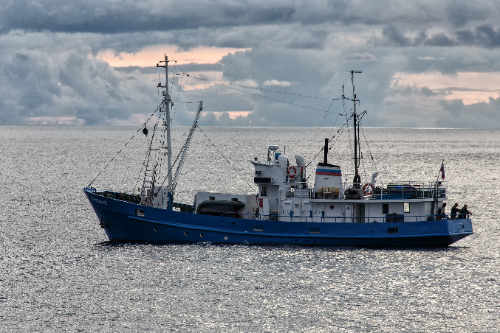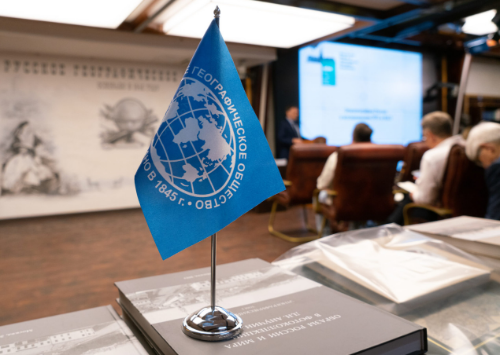– The effectiveness of Karelian Research Centre’s work can be judged by its outputs. Scientific articles authored by our researchers have been published not only in Russia but also in high-ranking foreign outlets, including Science and Nature, – Olga Bakhmet pointed out.
Particular attention is given to the involvement of young scientists. In particular, four youth laboratories have been established at KarRC RAS in the period from 2019 to 2022 in the framework of the national project Science & Education.
Apart from basic research, scientists work on applied issues and matters of high relevance for the region. One such area is water research. Karelian scientists have accumulated vast experience of research on the White Sea and European Great Lakes – Onego and Ladoga. Monitoring of their status is crucial in the context of growing human pressure and climate change.
KarRC RAS has two research vessels used to carry out water surveys in the region. Not only scientists from Karelia but also specialists from other Russian regions regularly participate in expeditions carried by these vessels in pursue of their research tasks. Renovation of the existing ships and construction of a new vessel can raise research to a new level and facilitate a greater amount of studies for the benefit of Russian and world science. The Head of Karelia has suggested that the digital shipyard of the Onego Shipbuilding Plant is involved to deal with this task.

KarRC RAS Director General Olga Bakhmet and Head of the Republic of Karelia Artur Parfenchikov
Several scientific units of the Karelian Research Centre RAS work to advance biotechnology: aquaculture development, design of resource-saving technologies for potato and forage crop cultivation, conservation and reproduction of the Karelian birch gene pool, study of conifers and obtaining woody plant forms with improved characteristics.
According to Olga Bakhmet, the Centre is effectively fulfilling its tasks, primarily owing to the competencies and professionalism of its specialists. Yet, the effectiveness of research would be bolstered by renewal and upgrading of facilities and infrastructure. Taking, for example, agricultural biotechnology, efficient work requires building new greenhouses, purchasing new equipment, and retrofitting laboratories.
Finally, the third sphere of activity reported to the minister was educational activities, awareness-building and dissemination of scientific results. KarRC RAS scientific units have a variety of scientific resources, there are three museums at the Centre, and unique collections are displayed. All this attracts the public and arouses interest in science. The proposed ways for development are renovation of museum exhibitions and establishment of an "open-air" scientific and educational center for citizens of Karelia and guests from other regions.
– The meeting has demonstrated the minister's interest in the topics presented. I would especially like to highlight the attention to research at KarRC RAS exhibited by the republic's leaders. I am convinced that our joint efforts will help scientific achievements to be utilized for the benefit and development of Karelia as much as possible, – Olga Bakhmet summed up.
Meetings between representatives of the Karelian Research Centre RAS and regional authorities on specific areas of activity have been scheduled for the near future.
Photos by Ministry of Science and Higher Education Russia Press Center







